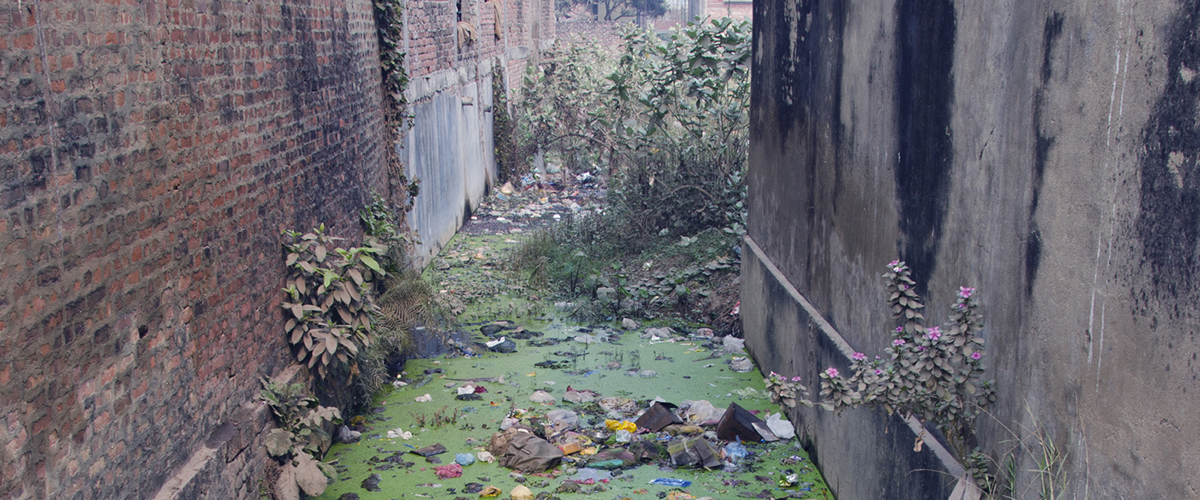
Tackling waste in growing urban environments
Do we really know what is best for waste?
https://www.youtube.com/watch?v=HQFNXUCipnY
Primary Investigator: Dr Kelly Redeker (Biology, University of York)
ISET- Nepal: http://isetnepal.org.np/
Practical Action: https://practicalaction.org/nepal
Bagamati River Basin Improvement Project: http://www.brbip.gov.np/
Sewage is a universal human issue. Intimately linked to water management, also affecting energy, agriculture, and local/regional economies. Human waste can however provide energy, clean water and fertilizer when treated with anaerobic digestion (AD). AD treatment of sewage therefore addresses many of these critical concerns. Our research has consolidated a collaborative network exploring AD solutions across the Whiterose Universities and local UK industry as well as across Nepalese government, research and non-profit organizations.
Nepal is one of the poorest countries in the world. Access to water is extremely limited. This is especially true in remote rural areas, but also within the densely populated Kathmandu Valley. For many people the quality and reliability of water and sanitation access is uncertain. Water resources are increasingly polluted due to the release of domestic/industrial waste into regional water bodies. Existing infrastructure is unable to meet the needs of the valley’s population, with most people relying on water that is trucked into residential areas. Access to safe and reliable water/sanitation are critical aspects of people’s wellbeing and are proportionately greater burdens on low income families.
Traditionally, sewage treatment plants are water intensive and serve city-scale communities, but this may not always be the most efficient scale/mechanism. Experience from the Nepal earthquake shows how impacts from natural disasters disrupt critical public infrastructure, including sewage treatment and fresh water supply. Kathmandu valley therefore represents both a technical and an institutional challenge – to develop and apply technologies appropriate to changing water availability and quality, and to support institutions that can operate at scales best suited to people’s needs.
In the Kathmandu valley, the local communities are aware of and deeply concerned with water quality issues and sewage treatment. In collaboration with local actors (including ISET- Nepal, Practical Action, and the Bagamati River Basin Improvement Project) we intend to develop proposals with the local community leaders that will recover waste, recover energy and nutrients for regional use, and reduce downstream eutrophication impacts. These AD systems will be installed at scales agreed upon by the local stakeholders but able to test the impact of collection across a range of household scales.
Contact us
Interdisciplinary Global Development Centre
igdc@york.ac.uk
01904 323716
Department of Politics and International Relations, University of York, Heslington, York, YO10 5DD, UK
Twitter
Contact us
Interdisciplinary Global Development Centre
igdc@york.ac.uk
01904 323716
Department of Politics and International Relations, University of York, Heslington, York, YO10 5DD, UK
Twitter